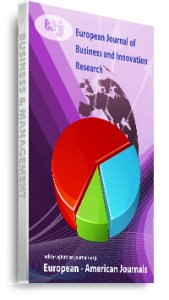The study was conducted in Umuahia Capital Territory of Abia state, Nigeria. A multi-stage random sampling technique was used to select 120 small holder arable crop farmers. Primary data was collected with the use of semi structured questionnaire. Data was analyzed with the aid of descriptive statistics and multiple regression model. Findings showed that farmers who participated in crop production and self-employed activities received the largest total farm (N41157.26) and total off farm (N5487.39) monthly income respectively. The preferred forms of savings outlets for these farmers were the informal savings outlets largely the self-help groups which accounted for 24.17% of the farmers that made savings with an annual average savings of about N85, 660.89. Result also showed that 28.33% of the farmers practiced arable crop production and invested an average amount of N654, 345.09. The result of the multiple regression analysis showed that age, educational level, primary occupation, farm size, access to credit and household size had significant positive influence on the small holder farmers’ income at varied risk levels while, income, household size, education level, age, and access to credit had significant positive influence on the farmers volume of savings at varied risk levels, it was also revealed that age, farming experience, farm income and educational level had significant positive influence exception of farm size which had a significant negative influence on farm investment by small holder farmers at varied risk levels. The main constraints to the small holder farmers’ inability to save are inadequacy of income (74.17%) and fear of loss of their income (55.83%). It was recommended that incentives such as improved technologies, appropriate farm support services, short and medium term loans should be provided by the government and other actors to farmers in order to boost their income level.
Keywords:

